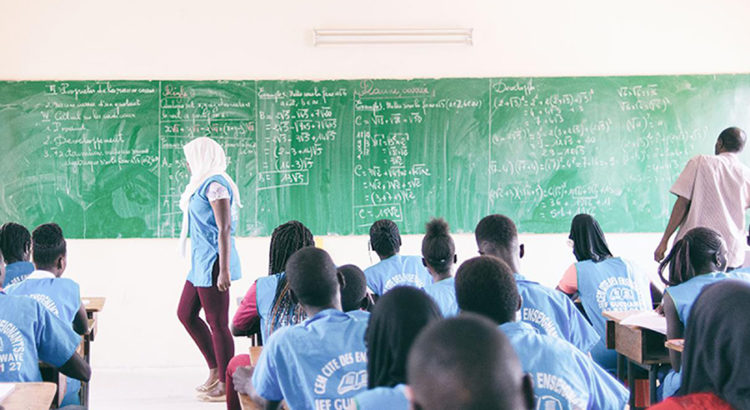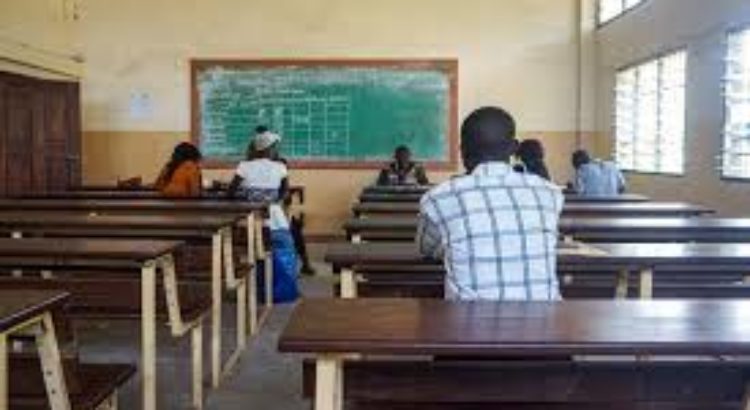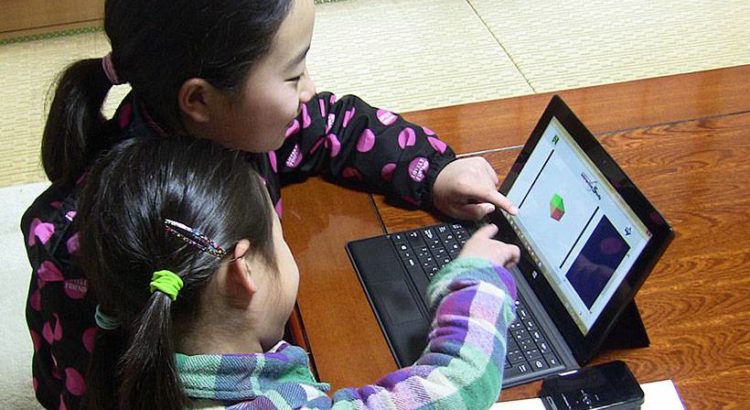Africa/ Nigeria/ 12.05.2020/ Source: nairametrics.com.
The Coronavirus pandemic (COVID-19) has no doubt adversely affected the global economy. It has forced many businesses to temporarily shut down and governments across the world to place a restriction on movement while exempting providers of essential services who are to strictly observe social distancing rules while providing services as a way to contain the spread of the virus.
Unfortunately, the educational sector is a part of the receiving end. According to UNESCO, an estimated 1.725 billion learners have been affected as a result of school closures, representing about 99.9% of the world’s student population as of April 13th, 2020.
Embracing technology: To cushion the effects of the pandemic, the world is embracing technological innovations. Virtual interactions are increasingly adopted to replace face-to-face engagements and limit the total disruption to many sectors. UNESCO has recommended the use of distance learning programmes, open educational applications, and platforms by schools and teachers to reach learners remotely.
These could include integrated digital learning platforms, video lessons, Massive Open Online Courses (MOOCs), and broadcast through radio and television. The success of these recommendations hinges on the use of high-technology or low-technology solutions, which are based on the reliability of local power supply, internet connectivity and digital skills of teachers, students, parents, and caretakers.
But every student can’t afford this: As pleasant as this solution is, it is said that students from under-served low-income communities will be left out and unable to access learning during this period. In Nigeria, many states have embarked on airing school lessons on radio and television and this is highly commendable.
Non-governmental Organizations (NGO) like Teach for Nigeria, are partnering with government agencies to facilitate implementation and adoption. For example, in Ogun state, Teach For Nigeria is working with the government to deliver classes on TV and have deployed online capacity building workshops for teachers on programming using Scratch (a block-based visual programming language and website targeted primarily at children). This is in a bid to develop skills for STEM education. However, inadequate resources for deployment to under-served communities remain a challenge.
Poverty is a major factor: As stated by the World Poverty Clock, the nation currently has about 50% of her population living in poverty, with many of the citizens struggling to afford three square meals, especially at this time, despite the palliative measures by the government. This means that there are a lot of students who do not have access to either radio or television, coupled with the issue of erratic power supply. Such students also have no internet access nor educational technological resources, a situation that is creating a gap in their academic progress for as long as this pandemic persists.
Obviously, COVD-19 is magnifying the educational inequity in Nigeria as only those with access to digital learning resources will keep learning in the comfort of their homes while those without access (the majority) are left behind.
This learning crisis is widening the social gaps instead of narrowing them. Students are now being disadvantaged by the pandemic. In the future, this gap will show up as weak skills in the workforce, thereby making it less likely for this category of young people to get well paid and satisfying jobs. When this happens, these young people will become nuisances in the society, championing courses that aren’t noble just to make ends meet. This reminds me of a saying by late Chief Obafemi Awolowo (a Nigerian nationalist and statesman) which goes thus:
“The children of the poor you failed to train will never let your children have peace”

We must act now: Now is the time to bridge the gap of educational inequity by ensuring adequate funding of the education sector. The effect of the pandemic is just one out of many implications of educational inequity, we don’t know what awaits us in the future, so it is highly important that we provide an equitable and inclusive learning environment for the students to ensure continuity in learning for all, irrespective of their socio-economic background. One of the palliative measures that can be adopted includes a public-private partnership with non-profits and other government agencies who are working to salvage the situation. Such efforts can be supported through the provision of funds at this critical time. We should not forget that education is the bedrock of every society as education is the solution to whatever problem we might have.
Based on this, it is suggested that portable solar radios be provided to each family especially in remote places. This will ensure continuity in learning for the majority of learners who are unable to access digital learning resources during this period. Also, teachers need to be trained on how best to deliver radio lessons. Such training can be done using virtual platforms. Sincere appreciation goes to the teachers working assiduously in delivering lessons on radio despite the short notice and lack of training for such context because teaching in a conventional four-walled classroom is quite different from teaching on radio and so it is important to know how best to carry it out so as to achieve best results. This wakeup call will definitely propel us to keep ruminating on other solutions at bridging the gap of educational inequity during this period and making it happen by all means.
Let us remember that whatever the problem is, education remains the solution. The future is in our hands to decide, let us join hands together to make the world a better place through quality and inclusive education.








 Users Today : 36
Users Today : 36 Total Users : 35403374
Total Users : 35403374 Views Today : 41
Views Today : 41 Total views : 3332667
Total views : 3332667